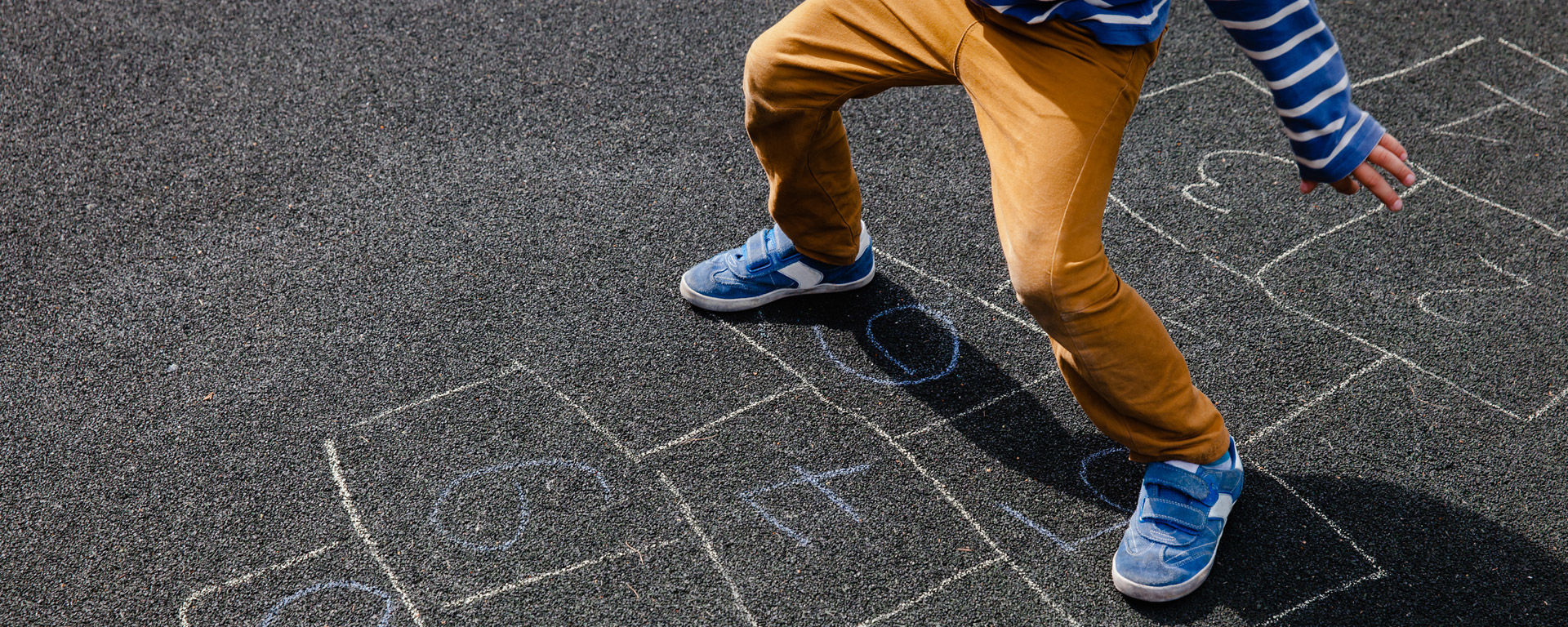
What happens during puberty?
Puberty is a time during which a child gradually develops into an adolescent. Puberty begins because sex hormones affect the ovaries and testicles in the human body. As a result of this physiological reaction, changes in the development of the adolescent occur at body, emotional and mental level.
Puberty affects, for example, the brain, body reactions (such as sweating, leukorrhea, ejaculation), muscles, body shape, and the breasts and genitals.
Puberty begins at very different ages, and the physical development of young people is often ahead of emotional life.
In boys, the onset of puberty is indicated by testicular growth that often occurs between the ages of 9 and 13. On average, for girls, puberty begins 2 years earlier than that of the boys. The first signs of the onset of puberty in girls are the growing of breasts. Breast development takes 3-5 years.
There are always individual differences in the onset of puberty, for others, the onset of puberty is earlier and for others it begins slightly later.
Although the body develops and grows due to changes in puberty, brain development continues well into 20 years of age. Adolescence is neither a child nor an adult, but a wonderful, unique young person.
Adolescent body grows and develops
During puberty, young people grow in height, often through growth sprints. In girls, the onset of growth sprint is on average at the age of 12 and is most rapid in the middle stages of puberty. In girls’ bodies, growth particularly affects the pelvic region as the coxal bones expand.
In boys, growth begins to accelerate in the middle stages of puberty. Boys’ growth is at the fastest at the end of puberty. In boys, the growth sprints particularly affect length, chest and shoulder area, which enlarge.
Young people whose development of puberty begins first or last often worry about their own body and its development. It does not matter whether puberty begins at the age of 9 or at the age of 14. When puberty begins, it progresses normally. Even though a young person already looked like an adult in terms of height and body shape, the brain will still develop for years to come. Young people do not have to be bigger or older than what they feel.
Authors: Youth Service Experts, the Family Federation of Finland
